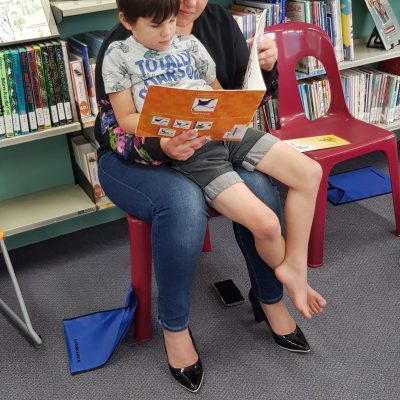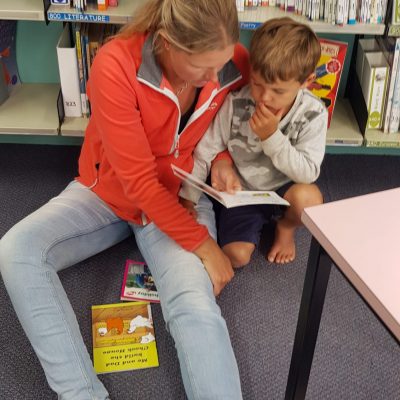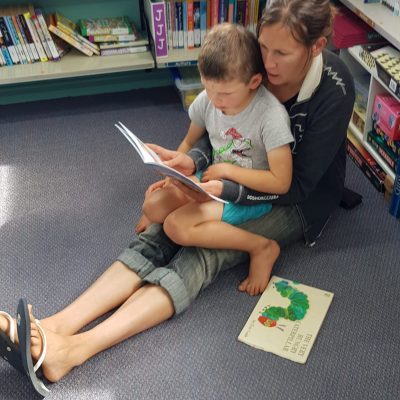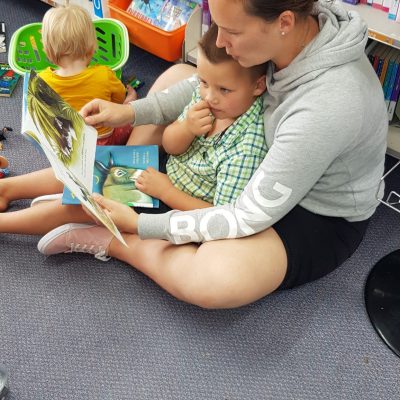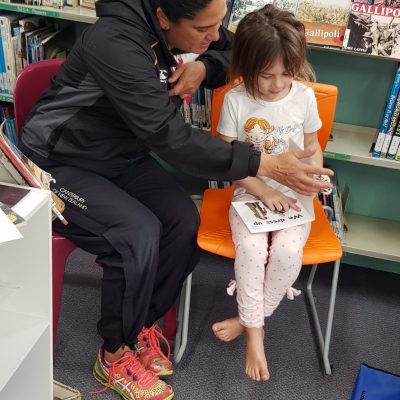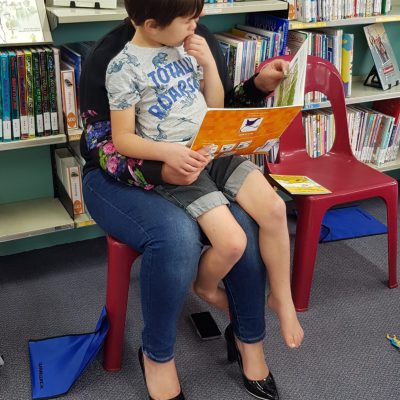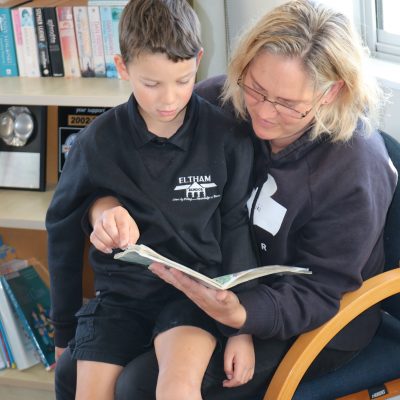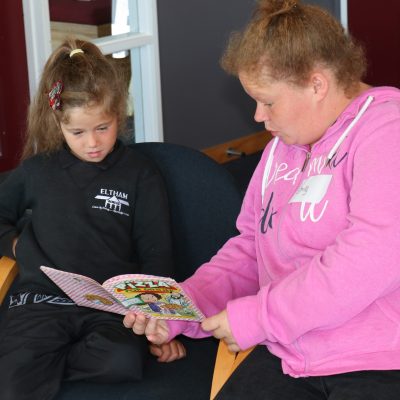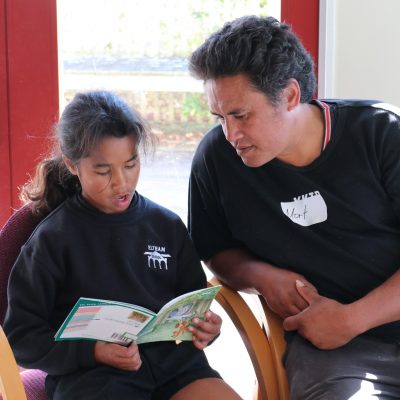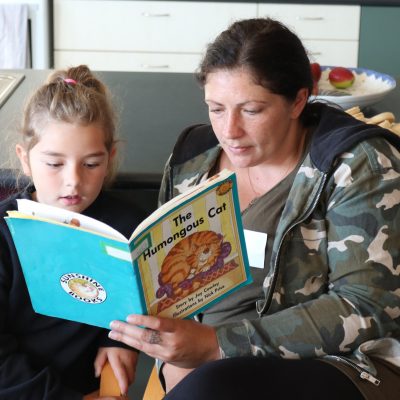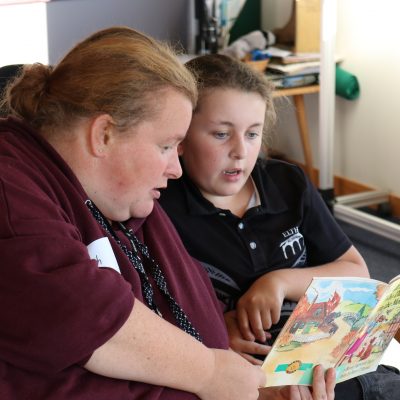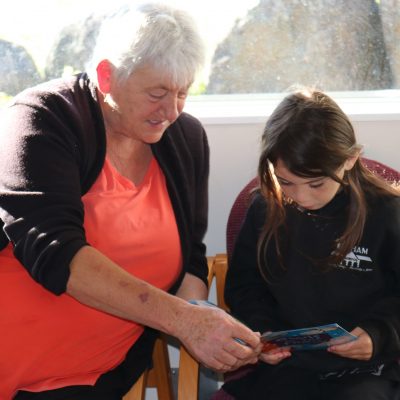About the Reading Together® Programme
The Reading Together® Programme is a research-based workshop programme which helps parents/whānau to provide effective support for their children’s reading (and thereby also supports teachers in their classroom programmes.
The programme has been shown to raise children’s reading achievement in a significant and sustained manner, and to improve relationships between children and parents, and between parents and teachers. It has been successfully implemented by teachers in New Zealand since its development in 1982 by Jeanne Biddulph MNZM, and teachers find that the programme is practical and manageable.
Reading Together®:
- enables parents/whānau to learn sound and specific ways of helping with reading at home
- is a programme comprising 4 workshops over 7 weeks, with each workshop lasting 1 hour and 15 minutes
- focuses on an area of learning (i.e. reading) that all parents recognise as being important
- is practical, user friendly and manageable for teachers, librarians, parents/whānau and children
- enables teachers, parents/whānau and librarians to work together in informed and collaborative ways
- develops more positive relationships between children, parents/whānau, teachers and community librarians
- enables teachers, parents and librarians to support children’s reading more effectively than any of them can achieve if they are working independently of each other
- is effective when it is implemented as described in the fully-scripted Workshop Leader’s Handbook
- has a sound theoretical and research basis.
Reading Together® provides effective support for all children & their parents/whānau i.e.
- children who are struggling with reading, or reluctant to read, or reading competently
- children from junior primary to junior secondary school levels
- children and parents from diverse language/literacy, cultural, educational and socio-economic backgrounds
Primary purpose of Reading Together®:
- To help all children to become keen, capable readers who have the range of language and literacy competencies they need to function confidently and effectively within their communities and wider society.

